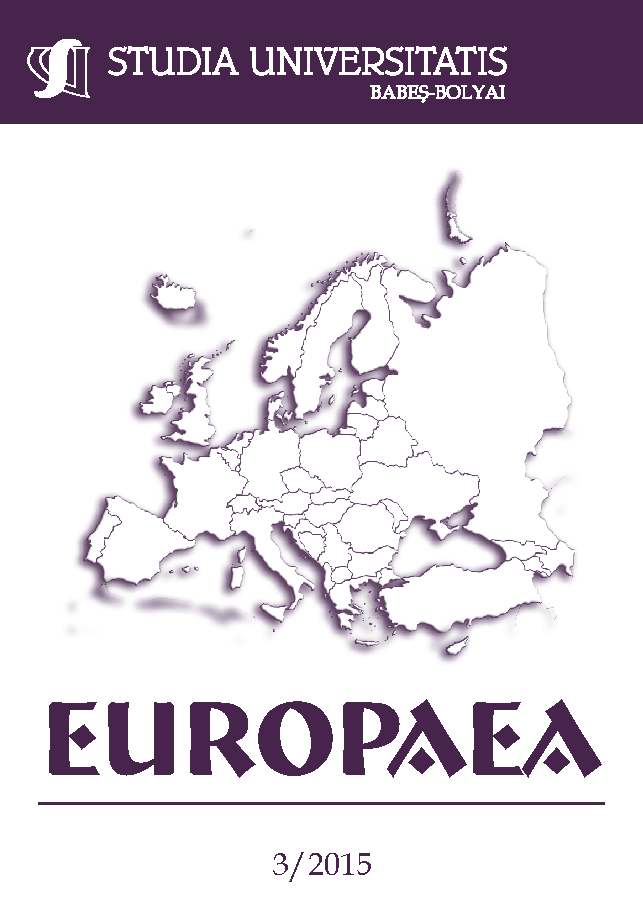LITERATURE FACING HISTORY: WHY FICTIONAL / LA LITTERATURE FACE À L’HISTOIRE: LE POURQUOI FICTIONNEL
Keywords:
novel, Islam, terrorism, attack, engaged literatureAbstract
Long before the events of 2015, literature has focused on reasons that have determined some people to join extremist movements and to carry out attacks. In this paper, we propose to come to reading a few novels: Alaa al-Aswany, L’immeuble yacoubian, Yasmina Khadra, L’attentat, Karine Tuil, L’invention de nos vies, that will show how identities are found in crisis and draws the attention upon the relationship between the individual, the religious problem and politics.
References
“Alaa El-Aswany, l’écrivain menacé”, interview prise par Didier Jacob le 21 février 2014, publié dans le Nouvel Observateur, [http://bibliobs.nouvelobs.com/romans/20140220.OBS7102/alaa-el-aswany-l-ecrivain-menace.html], 8 mai 2015.
al-Aswany, Alaa (2007), L’immeuble yacoubian, traduit de l’arabe (Égypte) par Gilles Gauthier, Paris : Babel.
Khadra, Yasmina (2005), L’attentat, Paris: Juliard.
Tuil, Karine (2013), L’invention de nos vies, Paris : Grasset.
Downloads
Published
How to Cite
Issue
Section
License
Copyright (c) 2015 Studia Universitatis Babeș-Bolyai Europaea

This work is licensed under a Creative Commons Attribution-NonCommercial-NoDerivatives 4.0 International License.



